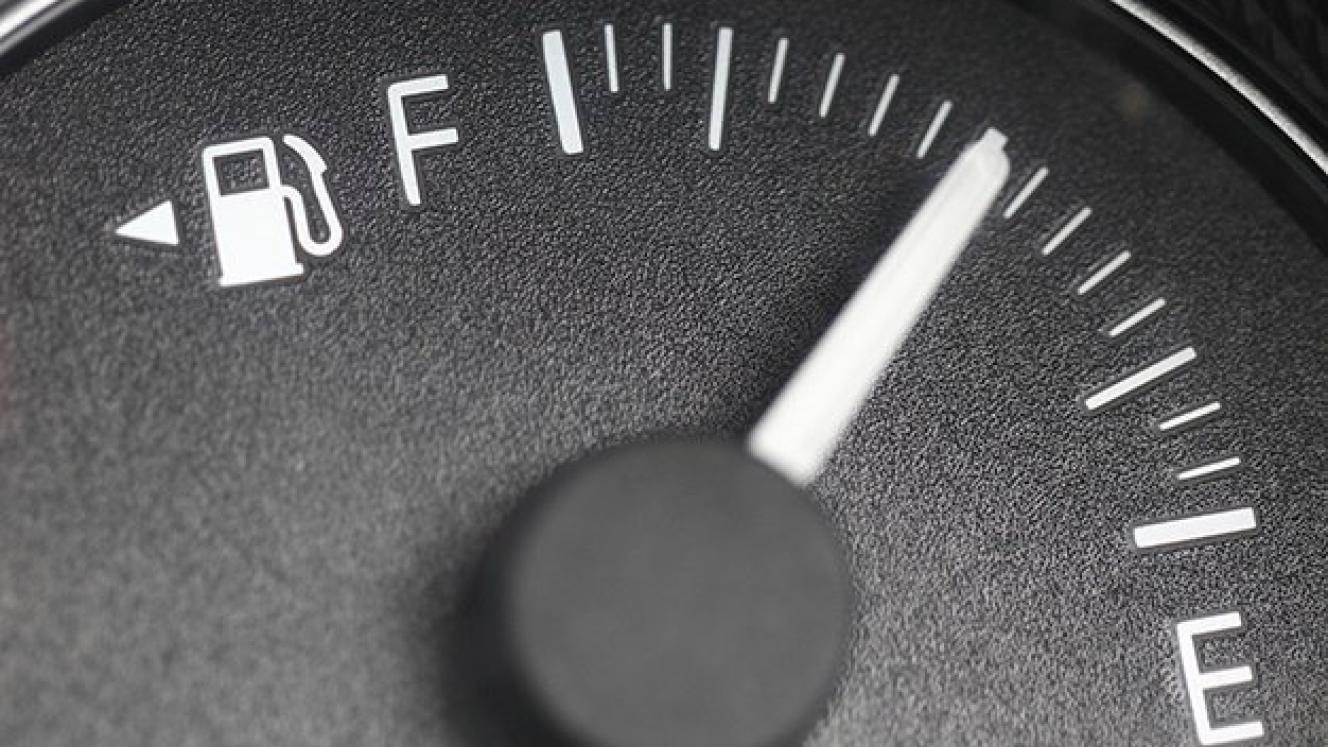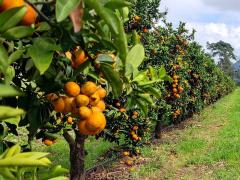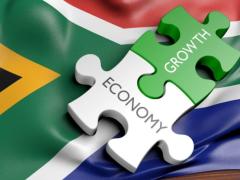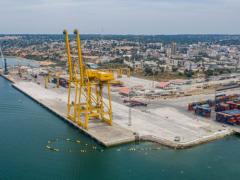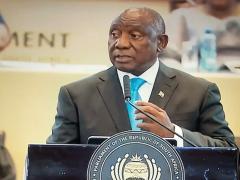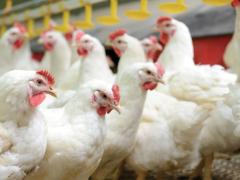Motorists will get relief at the pumps when the fuel price drops significantly on Wednesday, even if the decrease is not quite as sharp as analysts had predicted in recent weeks.
The Department of Minerals and Energy announced that both grades of petrol would decrease by R2.04 per litre while diesel (0.05% sulphur) would decrease by 56 cents per litre on September 7.
Economist and property sector strategist at FNB Commercial Property Finance, John Loos, said the drop in fuel prices was good news for consumers and also a positive move for the direction of interest rates.
“Property markets should probably mildly celebrate that oil prices are well off their recent highs and domestic petrol prices are coming down, with the global oil price spike this year looking like it is turning out to be less severe than 2008,” Loos said.
The oil price spike in 2008, when Brent Crude touched $150/barrel, was the main cause of South Africa’s pre-2008 housing bubble bursting, he added.
“Oil price shocks normally cool the world economy significantly, often causing a global recession, the 2008 one causing food price inflation too as markets feared that increased ethanol crop planting would crowd out food production.
“The cumulative result in the run-up to the 2008/9 crisis was a double-digit increase in inflation and 500 basis points’ worth of SARB interest rate hike.”
He said the indirect link between oil/petrol price movements and property markets could be “very strong”.
“Today’s petrol price reduction, with global oil prices well off the $125/barrel high of a few months ago, should be a cause for some mild celebration in the property market.
Granted, petrol is still expensive, and as such still keeps transport costs high, but every price cut helps.”
He said the price drop was important to contain the magnitude of future interest rate hikes.
“FNB expects consumer price inflation to peak late this year at near 8% (so we appear close to the peak at 7.8% CPI inflation in July), and interest rates to reach their peak late this year at a level where the prime rate is 10.25%.
“Petrol price reductions are important in seeing to it that the inflation and interest rate peaks are indeed not far off. However, we believe that such peak levels will probably be too late to prevent slowdowns in buyer demand in all the major categories of commercial property (retail, industrial and office) as well as residential development levels, in this latter half of 2022.”
He added that petrol price reductions would ease the pressure on the work commuting population.
“Staff working in offices have been feeling the financial pain of commuting in recent months, and this may have led to a greater number working more of the time from home than may have been the case in a scenario where petrol prices had remained low all along,” he said.
According to StatsSA retail sales data, year-on-year growth in fuel retail sales reached 29% in June, while household sector disposable income growth was down in single-digit territory.
